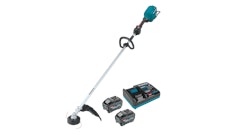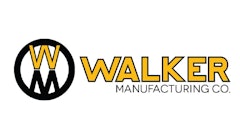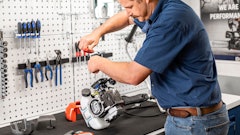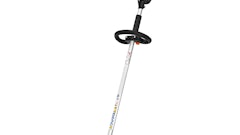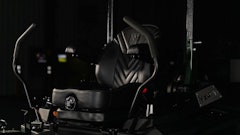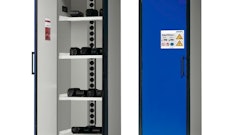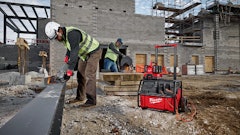It was a long holiday weekend. Your crews arrived on Tuesday morning to heavy rain so their work was cancelled for the day. It is now Wednesday morning, the sun is shining, and you can see the grass growing.
A major client called last week and told you they have a very important on-site meeting this Thursday, so the property has to look pristine. On the way to the job, the truck breaks down; the truck on which you just replaced the transmission, rebuilt the engine, and did over the front end. By the time you get another truck to pull your trailer to the site, it is 11 a.m. Once on site the crews start working. Within minutes one of your mowers goes down. This is the same machine that was completely rebuilt a little over a month ago. You are now hoping and praying that you can get this site completed, never mind the rest of the week’s schedule.
When you sign a contract with a client to perform services, you need to be sure that you have the proper manpower and equipment to meet your obligation. Your clients could care less about a broken truck or piece of equipment. They just want their work done as promised.
They want the work performed in a timely, professional manner. When they hire you, they are assuming that all of your equipment is in working order. In the scenario that I just laid out, the contractor is taking a financial hit, in terms of crew downtime as well as the intangible costs associated with the client’s perception and confidence with your company. The visual your client has of crews standing around while they are waiting for replacement equipment is one that they remember for a long time.
You the contractor owe it to your clients to have reliable equipment. Whether you understand it or not, a portion of that contract price is for the equipment you need to perform the work. This is where the problem lies.
You have to keep medical records on your equipment. First of all, there is the whole debate of new vs. used equipment. I talk to so many contractors that shy away from new equipment because they do not want to make a monthly payment. So what do they do? They continue to throw money into repairs. If they would take the time to look at the cost of the ongoing repairs, the lack of efficiency associated with older equipment, and the downtime, they would quickly realize that a new piece of equipment is not such a bad idea.
In order to come to that determination, you need to keep accurate records on repairs and maintenance. You also have to have a set policy in regards to preventive maintenance, how much money is budgeted for major repairs, and when it is time to take a given piece of equipment out of service.
It should be mandatory that you calculate the hourly cost on all of the equipment that you own so that it is included in your bid. If you are not charging for your equipment, you will find yourself in a very serious financial predicament. At some point in time, you will need to make repairs and or replace your equipment, and you will not have the financial ability to do either.
The size of your company is irrelevant when it comes to equipment management. It needs to be done.







